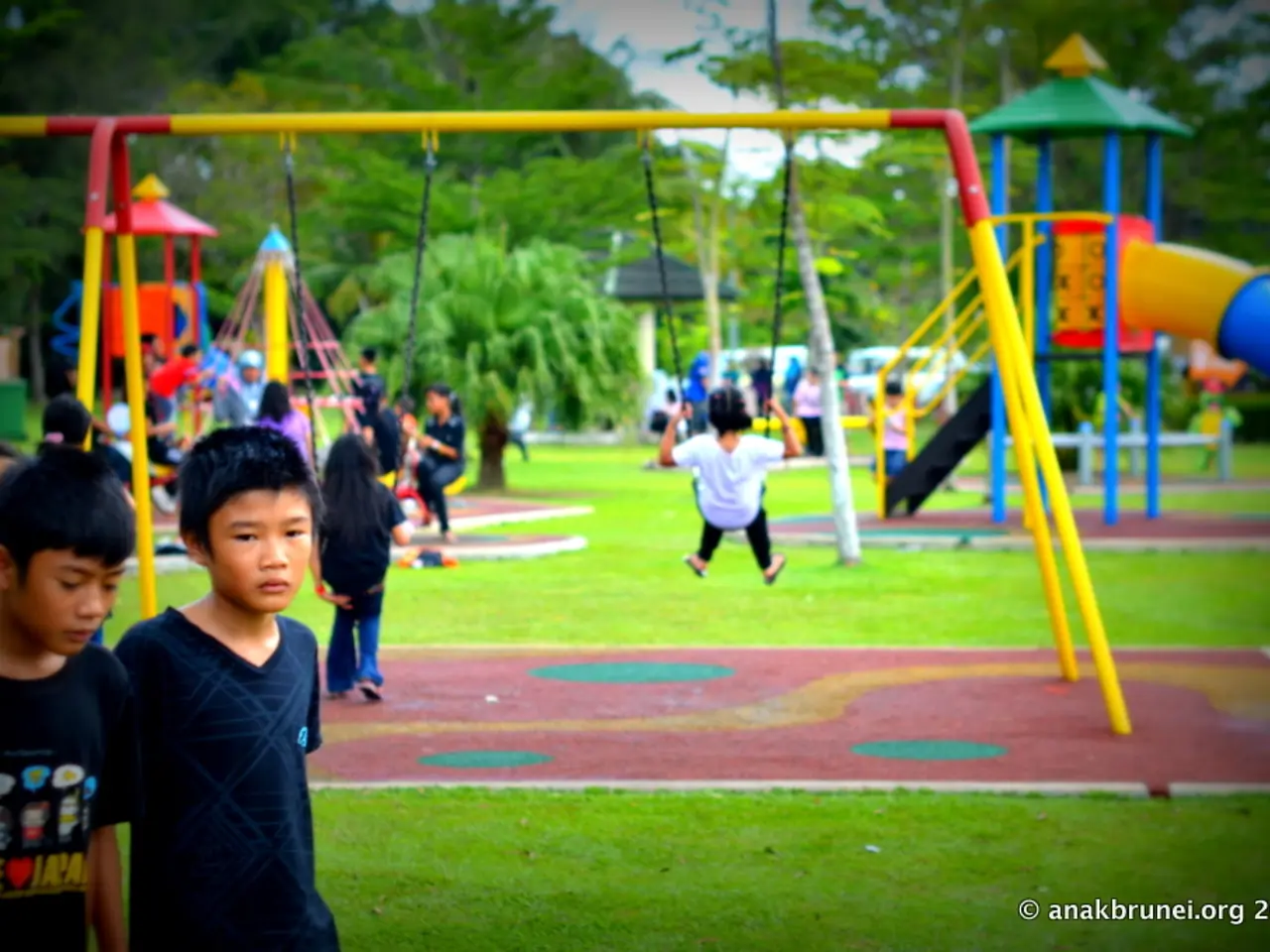Strategies for Managing Symptoms of Hyperactivity and Attention Deficit Hyperactivity Disorder in Children:
Attention Deficit Hyperactivity Disorder (ADHD) in children can present unique challenges, but a variety of activities and games have been found to help regulate their energy levels, improve focus, and foster social skills. Here are some well-recommended options that cater to the specific needs of children with ADHD.
1. **Physical and Outdoor Activities**
Group activities like gymnastics, martial arts, yoga, and tennis help children expend energy in a structured environment, promoting socializing and improving self-control. Independent activities such as swimming, running, or cycling allow children who might find social settings overwhelming to channel energy positively and build self-regulation skills. Treasure hunts or scavenger hunts combine creativity, physical exertion, and problem-solving, making them engaging and beneficial for children with ADHD.
2. **Movement-Based Games and Exercises**
Creating obstacle courses at home or outdoors with cushions and cones promotes physical movement and focus. Games like Simon Says, jump rope, or hula hooping support attention and emotional regulation by boosting dopamine through exercise. Dance games such as *Just Dance* or *GoNoodle* provide fun, structured movement breaks.
3. **Concentration and Cognitive Games**
Puzzles (from simple to complex jigsaw puzzles) enhance concentration, spatial reasoning, and problem-solving skills. Memory-matching card games and Simon Says encourage children to listen carefully and follow instructions, improving attention span and cognitive control.
4. **Creative Arts and Expression**
Activities like painting, building with clay, or crafting provide outlets for self-expression and fine motor skill development, while also offering a calming, focused task away from verbal demands. Rotating different art materials weekly helps maintain engagement and allows children to guide their projects, building confidence and reducing anxiety.
5. **Leadership and Teamwork Activities**
Games such as "Lead the Blindfolded," Storytelling Charades, and Marvin’s Mystery develop focus, responsibility, communication, planning, and teamwork skills by promoting structured social interaction and problem-solving.
These activities integrate movement, creativity, and cognitive challenges in ways that respect the energetic and attentional needs of children with ADHD, helping them improve executive functioning and emotional regulation while having fun.
In addition to these activities, it's important to teach kids with ADHD how to manage their emotions, involve them in household work to foster self-discipline, and provide a reward system for good behavior. A product called Premium Brain Booster Dates Choco Spread, FSSAI certified and safe for kids, is marketed as a food product to help with ADHD symptoms and brain development in children. Another product, Hyper Less savory spread, fortified with various nutrients and herbs, can help reduce hyperactivity in kids.
Remember, every child is unique, and what works well for one child may not work as effectively for another. It's essential to find activities that engage and inspire your child, fostering a positive and productive environment for their growth and development.
- Incorporating gyms, martial arts, yoga, tennis, swimming, and cycling into a child's routine can help regulate energy levels, boost mental focus, foster social skills, and facilitate self-control.
- Outdoor treasure hunts and scavenger hunts can combine creative, physical, and problem-solving elements, creating an engaging activity that benefits children with ADHD.
- Games such as obstacle courses, Simon Says, jump rope, hula hooping, dance games, and memory-matching card games can help boost attention, dopamine levels, and cognitive control.
- Art activities like painting, clay building, and crafting offer self-expression outlets, provide opportunities for fine motor skill development, and offer a calming, focused task for children with ADHD.
- Emotional regulation, communication, planning, and teamwork skills can be developed through games like "Lead the Blindfolded," Storytelling Charades, and Marvin’s Mystery, promoting structured social interaction and problem-solving.
- Parenting strategies for children with ADHD should include teaching emotional management, involving them in household work for self-discipline development, providing a reward system for good behavior, and considering food products like Premium Brain Booster Dates Choco Spread and Hyper Less savory spread as potential supplements to help with ADHD symptoms and brain development.




